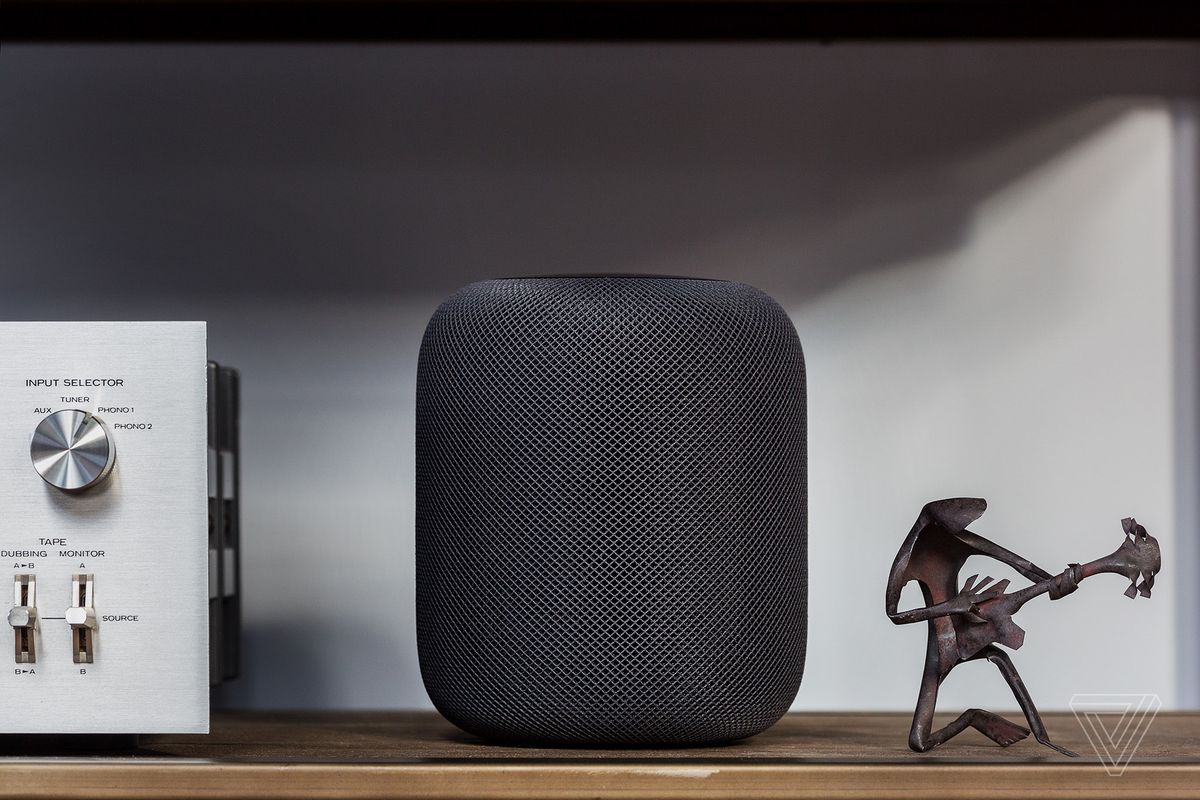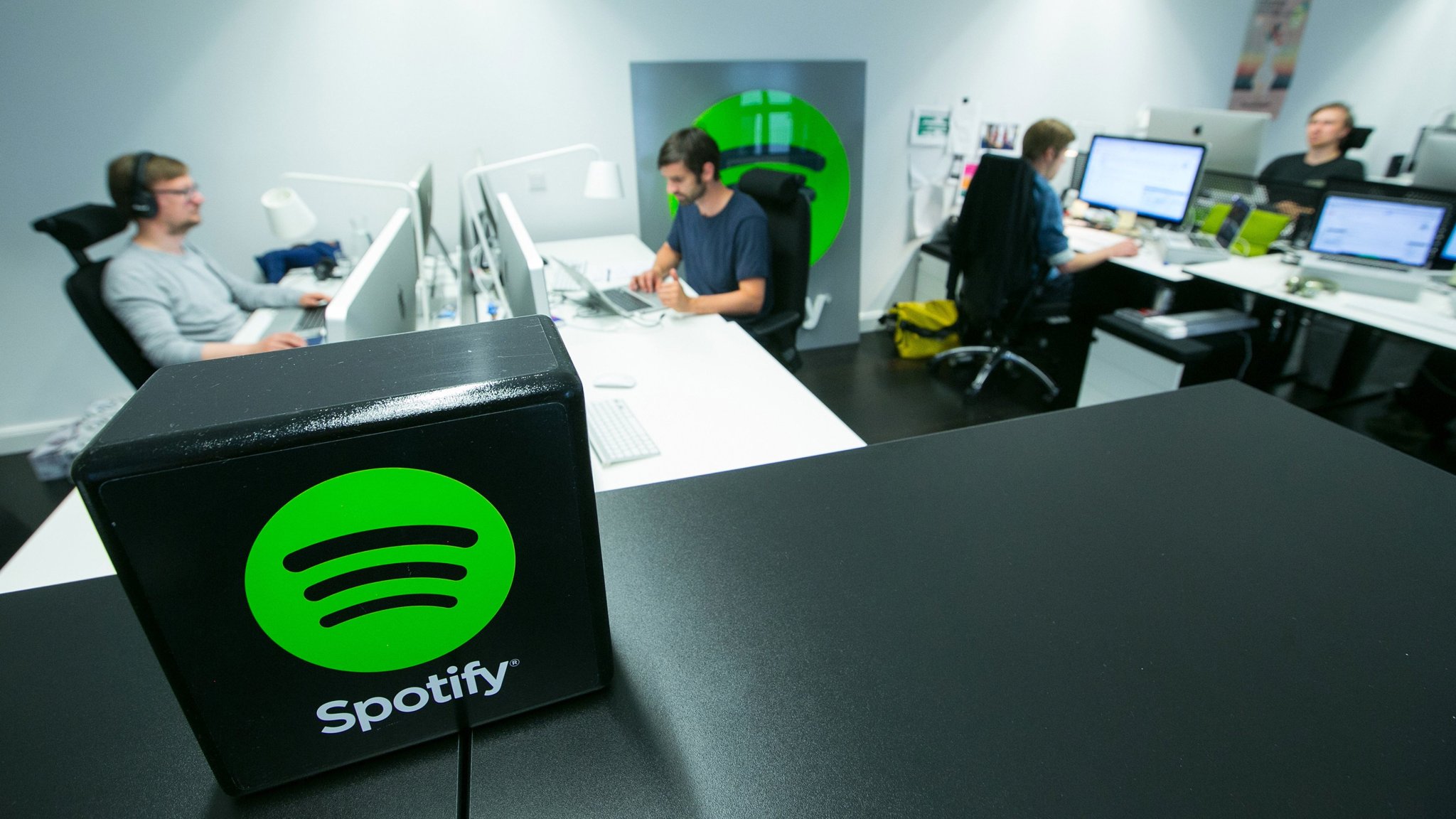Why it matters: Spotify released a new "eSDK" for integrating Spotify Connect into smart home audio devices in the hopes of getting out to more users. Additionally, as of today, free members will be able to use Spotify Connect with existing compatible speakers.
As the competition with Apple Music heats up, Spotify has been looking for new ways to expand its base. One way to do that is to branch out to more devices. In November, the streaming service announced a promotion to giveaway Google Home Mini smart speakers to users with family accounts. It also started beta testing a Spotify app for watchOS.
On Wednesday the company announced that it will now begin allowing free users to stream their music through Spotify Connect compatible speakers. TechCrunch notes the feature comes on the heels of the release of a new SDK that the company hopes will bring more speaker manufacturers into the fold.
"The release of our new eSDK will change the game for Spotify's Free users who want to enjoy music on their connected speakers," said Senior Product Director Michael Ericsson. "We look forward to supporting our partners over the coming months as they update existing speakers and bring new products to market."

Currently, Spotify Connect is compatible with the following smart speakers:
- Sonos
- Amazon Alexa-enabled devices (Echo, etc)
- Google Home
- Denon
- Bose
- Chromecast Audio
I'm sure Spotify is looking to add Apple's HomePod to that list, but we'll see. Cupertino okayed the watchOS app, so who knows?
Spotify currently has a subscriber base of 191 million. Earlier this month the company reported its premium membership totals have now topped 87 million. That means that 104 million free users will be able to use Spotify Connect. This perk was previously reserved for premium members.
Some may view the move as taking away a feature from premium users, but free accounts still have to put up with ads. Plus paid members have plenty of other perks including unlimited skips, high-quality audio, playing any track, and offline listening. As long as Spotify can hang in there and compete, I don't think premium users will mind the change.
